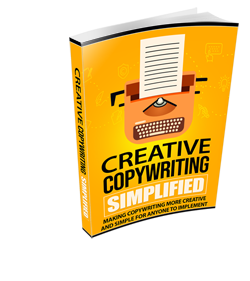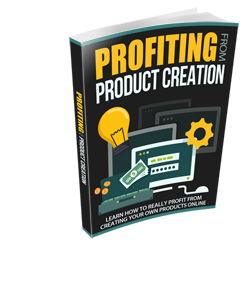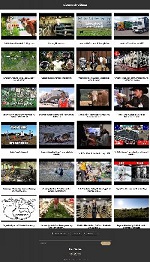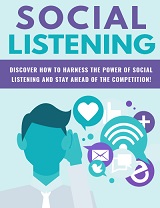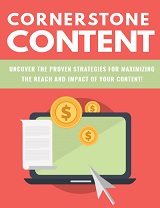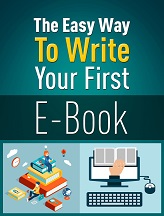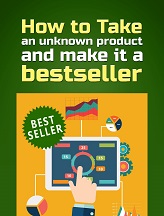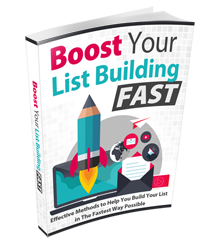In order to increase intelligence, it makes sense to first try and define what we mean by intelligence. How do you measure it and what precisely is it? As it happens, the official answer at this point is ‘no one knows’. Intelligence is a highly abstract concept and in fact might not even be a useful term at all.
Gardner’s Theory of Multiple Intelligences
One of the most useful measures of intelligence is IQ or Intelligence Quotient, which looks at our ability to use abstract reasoning and other forms of ‘fluid intelligence’ (fluid intelligence being dynamic and distinct from ‘crystalized intelligence’ – which amounts to knowledge). IQ scores are awarded on the basis of national averages.
The problem with IQ is that it provides a single umbrella for ‘intelligence’ and doesn’t allow for the existence of multiple forms of intelligence. What if you’re amazing at math or not so good at English? What if you’re fantastic at music but lack social skills?
We know that language and math are handled by different brain regions (language is handled by Broca’s Area, among other structures) and so it’s perfect reasonable to image some might be more developed than others. In fact, this is often the case: Einstein was famously dyslexic for instance.
This is where psychologist Gardner’s theory of multiple intelligences come in.
He suggested the following ‘aspects’ of intelligence as such:
• Linguistic Intelligence.
• Logic Intelligence.
• Kinesthetic Intelligence.
• Spatial Intelligence.
• Musical Intelligence.
• Interpersonal Intelligence.
• Intrapersonal Intelligence.
Someone could be ‘intelligent’ in any of these areas but less so in another and would still be considered intelligent. We call this the ‘modular’ view of intelligence.
But there are problems with this theory. For starters, it is largely arbitrary. Why do we have musical intelligence and not ‘computer game’ intelligence? It ignores possible connections between the different forms of intelligence and it ignores the underlying cognitive functions that might give rise to specific measurable abilities. Likewise, it still doesn’t really explain the kind of person who seems to be ‘generally intelligent’, who is sharp and witty and who quickly picks up new subjects.
It’s a step in the right direction, but not a comprehensive explanation of intelligence.
Whole Brain Connectivity and Plasticity
It would be fairly logical to assume that someone who we would generally consider to be intelligent might perform better than average in multiple of these categories.
In fact, genius – which is considered to describe a form of additional ‘insight’ and to be distinct from pure mastery – likely comes from the ability to apply multiple perspectives and multiple schools of thought to a single problem.
More recent research shows that intelligence is predicted by ‘whole brain connectivity’ – the ability of the brain to utilize lots of different brain areas at once in a cohesive manner. It even appears that connectivity between prefrontal regions may provide a basis for consciousness.
So, to be truly intelligent, you need to have better-than-average performance in multiple mental faculties and have better-than-average connectivity between those corresponding brain regions.
How to Become More Intelligent
So how does this come about? Simple: through brain plasticity.
Brain plasticity describes the ability for our brain to grow, adapt and change shape, right? Greater plasticity means greater potential to learn. Greater potential to develop specific brain regions and the connectivity between them.
If you have greater plasticity during your development as a child and you are then given the opportunity to learn by being exposed to the right stimuli, then you will develop more areas of your brain and more connectivity between them.
Intelligence = adaptability + opportunity
It’s likely that genetic factors might influence greater plasticity in certain individuals, but better sleep, greater happiness, exercise, more focus and interest and certainly better nutrition will all play a role too. That’s how you make a super-smart child but if you’re already an adult and you feel you missed the boat, then you need to look at ways to increase your plasticity again and start learning!
Related Info Products:
Brighter Brain – Self Improvement Ebook and Video Package
MindZoom – Positive Affirmations Software
